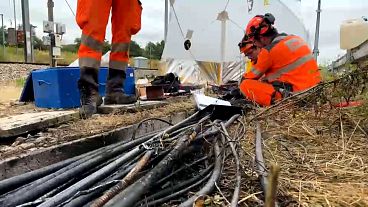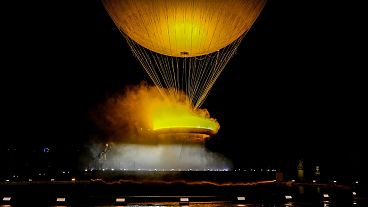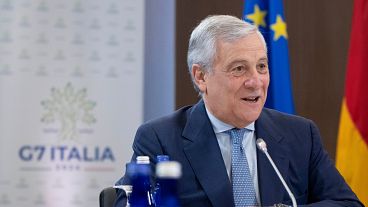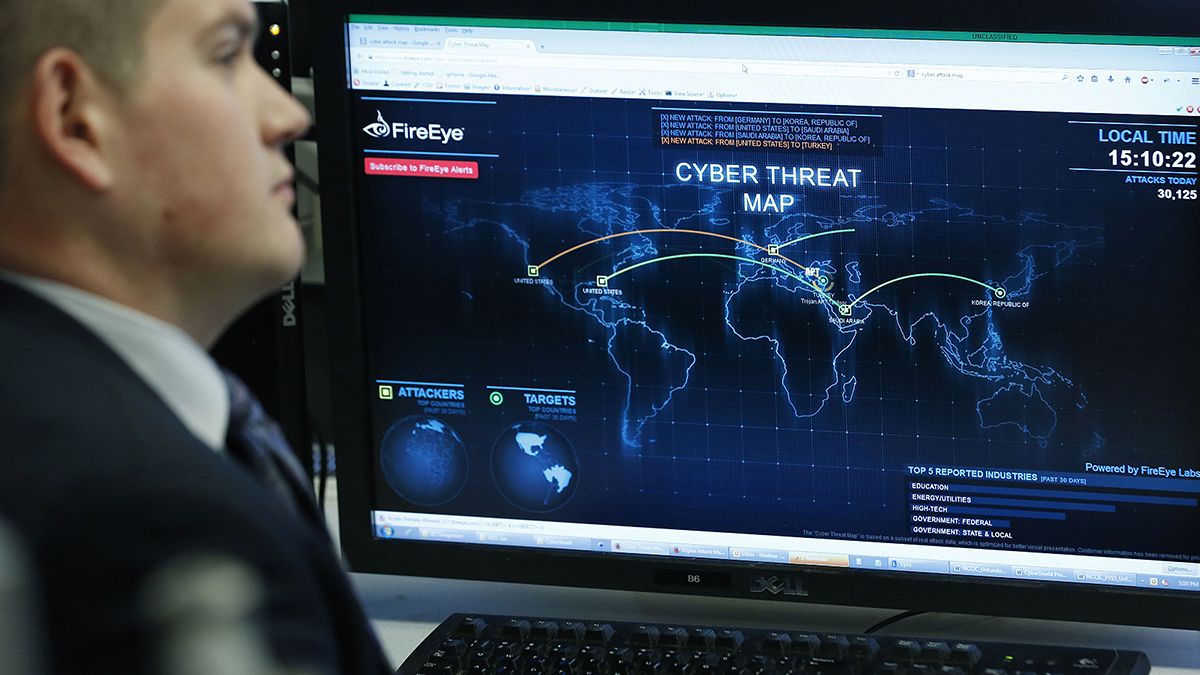Cyber attacks against a member nation could trigger an Article 5 collective response by all 28 states involved.
Cyberspace is the new front in global war – according to NATO.
The declaration was made after a meeting of defence ministers from the organisation’s member nations.
Family Photo of #NATO Ministers after Defence Ministers' Meetings #DefMinpic.twitter.com/Zt8re407wq
— Claudio Bisogniero (@CBisogniero) June 14, 2016
Cyber-warfare
NATO Secretary General Jens Stoltenberg says it has become clear that dangerous attacks can be launched on the internet and among computer networks just as easily as they can on the battlefield.
“Most crises and conflicts today have a cyber dimension,” Stoltenberg said, “So treating cyber as an operational domain would enable us to better protect our missions and operations.”
What does this mean in practical terms?
Making cyberspace an official war zone means attacks carried out in this context could trigger an Article 5 response.
This is collective action by the 28-member organisation against the perpetrator of an incident aimed at any NATO-protected state.
#BREAKING: NATO Sec Gen
jensstoltenberg</a>: cyberattack can trigger Article V (Act of war against a member) <a href="https://t.co/RwYUBA8quw">pic.twitter.com/RwYUBA8quw</a></p>— Amichai Stein (AmichaiStein1) June 14, 2016
Previously, only actions in traditional theatres of war – land, sea or air, had that potential.
The last time an Article 5 response was deployed was after the 9-11 attacks in 2001.
Are cyber attacks becoming more of a threat, then?
Yes, according to intelligence officials.
The US government says it has been the victim of multiple attacks in recent years.
Intelligence officials also think ISIL is developing its cyber attack capabilities.
Did the NATO defence ministers discuss anything else?
Yes.
Leaders say the geopolitical landscape in Europe is evolving.
They have agreed to establish four reinforced battalions in the Baltics and Poland.
There are also plans to boost the organisation’s presence in Romania.
NATO’s rapid response force will be doubled in size.
What they are saying
“Today, we met in the Nuclear Planning Group to consider the safety, security and effectiveness of NATO’s nuclear deterrent. We also turned our attention to cyberspace. We agreed that we will recognise cyberspace as an operational domain, just like air, sea and land,” – NATO Secretary General Jens Stoltenberg.












